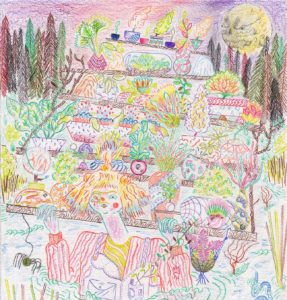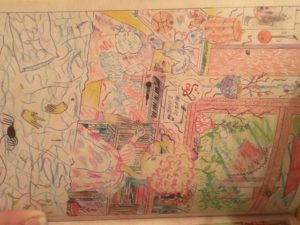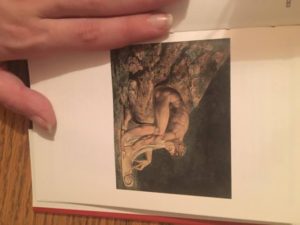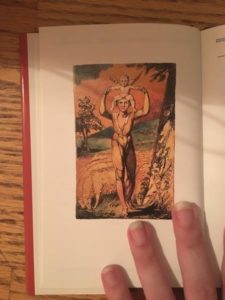Thanks to a subscription to Rattle: Poetry, I get some great poems sent to my email. Recently, on the 25th of this month, I had the pleasure of reading the poem below by Leila Chatti. In a brief blurb after the poem, Chatti mentioned how entwined her faith is with her identity as a person and a poet. While I myself am not religious, the concept of faith (placing one’s trust and belief in something or someone, the pledge of loyalty) is a universal message that I find both interesting and admirable. In this poem, Chatti speaks of her mother’s faith in a flexible sort of religion and her own faith in her mother. Similarly, it made me think about the connections I have with faith. I feel like it opened my eyes a bit more to the how much faith I place in my mom, how much faith she places in God, and how these things affect our dynamic (both positively and negatively). Which is a cool source to ruminate over, I think.
MY MOTHER MAKES A RELIGION
to replace the old gods. Scripture
gleaned from the backs
of magazines, stars—she follows
horoscopes like commandments,
tells me Leila, you’ll be lucky
in love this month, but watch out
for the eyes of strangers, whatever that means,
a cigarette waved like a censer
through the air, calligraphy of smoke.
My mother rubs oil for wishes
on her wrists in the dark
aisles of the wiccan shop she loves
so much (except for the tarot cards and candles
shaped like dicks, she has limits), and won’t pass
any open water without first sinking
in a coin. She insists on fortune
cookies, but only believes
the ones she likes. My mother stays wary
of magic, forbade me late night
Ouija conversations, but once
paid thirty dollars for a psychic
to summon her sister, then cried.
A child, I heard the trinity wrong—
thought God was a ghost, her faith
a haunting. But now I know God is just
like any man: shifty and often late.
God’s like a bad dog that doesn’t come
when He’s called, and my mother waits
for no one. Summers, her holy
months, she lies by the pool
and anoints her own good self
with her own good sweat. Her wet palms
turn tabloids to birds, the pages ruffled,
as she tilts her face, defiant, towards an empty sky.
In these moments, I’ll believe anything
she tells me, still and radiant
as a painting of a saint, halos
in her sunglasses and the future
sleek and spread in her hands—
my mother, Seer of the week ahead,
my mother the miracle that will save herself.




